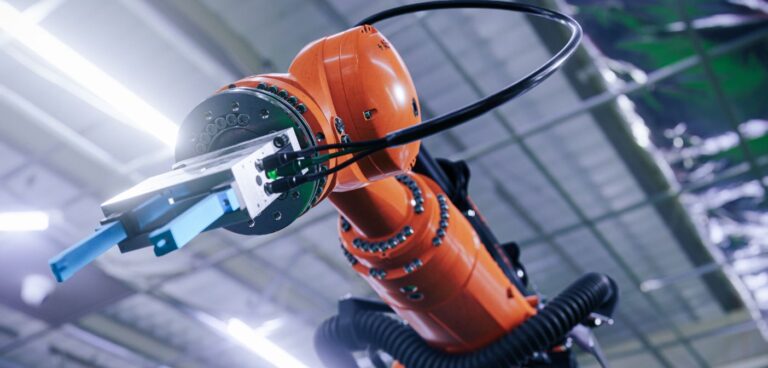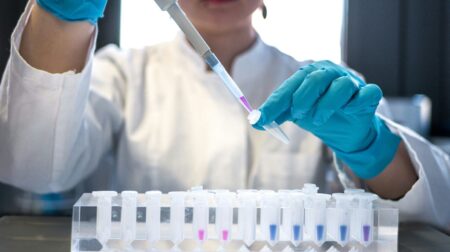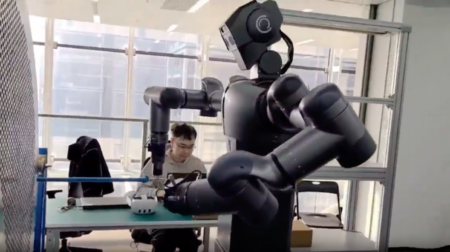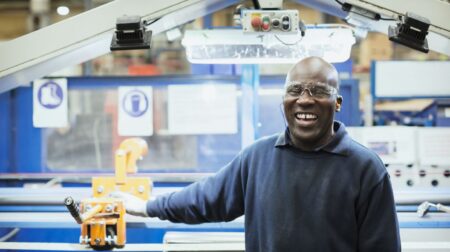Researchers at the University of Birmingham have begun developing a self-learning, autonomous robot that can be put to work in disassembly and other tasks.
Funded by the Engineering and Physical Sciences Research Council, the ATARI (Self-learning robotics for industrial contact-rich tasks: enabling smart learning in automated disassembly) project focuses on developing AI-based mechanisms to allow robots to self-learn disassembly tasks and associated control strategies.
ATARI is being led by Dr Yongjing Wang from the University’s Birmingham’s department of mechanical engineering. He said: “The proposed approach is novel in the sense that it provides another perspective into the automation of contact-rich tasks which are currently very much orchestrated and schedule-based.
“With this self-learning capability, we hope the implementation of disassembly automation can be significantly simplified to help the recycling and remanufacturing industry.”
One of ATARI’s challenges will be the development of deep reinforcement learning (DRL) techniques and high-dimension data fusion methods to allow a robot to learn how to be more dextrous. According to Wang, DRL has proven its capability in learning high-dimensional control policies in a virtual environment.
“ATARI aims to implement DRL in physical disassembly processes,” he said. “In particular, DRL and multi-dimensional force/torque/vision sensors will be combined to allow robots to self-learn hand-eye coordination in contact-rich tasks.
“The use of DRL in disassembly has been considered too challenging due to the lack of data for training. However, the recent advance in high-dimension data fusion can potentially greatly reduce the amount of data required for DRL and thus makes ATARI’s idea possible.”
ATARI builds on findings from the three-year AUTOREMAN project, which addressed many key topics in disassembly automation including the modelling of disassembly mechanics and development of key algorithms and procedures for robot motion control.
Wang, who participated in the AUTOREMAN project, said that whilst ATARI is focused on disassembly, the research can be adapted to the automation of a wide range of contact-rich tasks in the future such as intelligent robotics-driven planetary exploration, repair, and recycling.
“ATARI’s plan is to create a demonstration showing a prototype robot that can self-learn disassembly by the end of 2023 – we think this is achievable on the foundation of what we have created in AUTOREMAN,” said Wang.
Partners in the two-year project include the Manufacturing Technology Centre, Keyence, Kuka Robotics, China’s Beihang University and Wuhan University of Technology.








